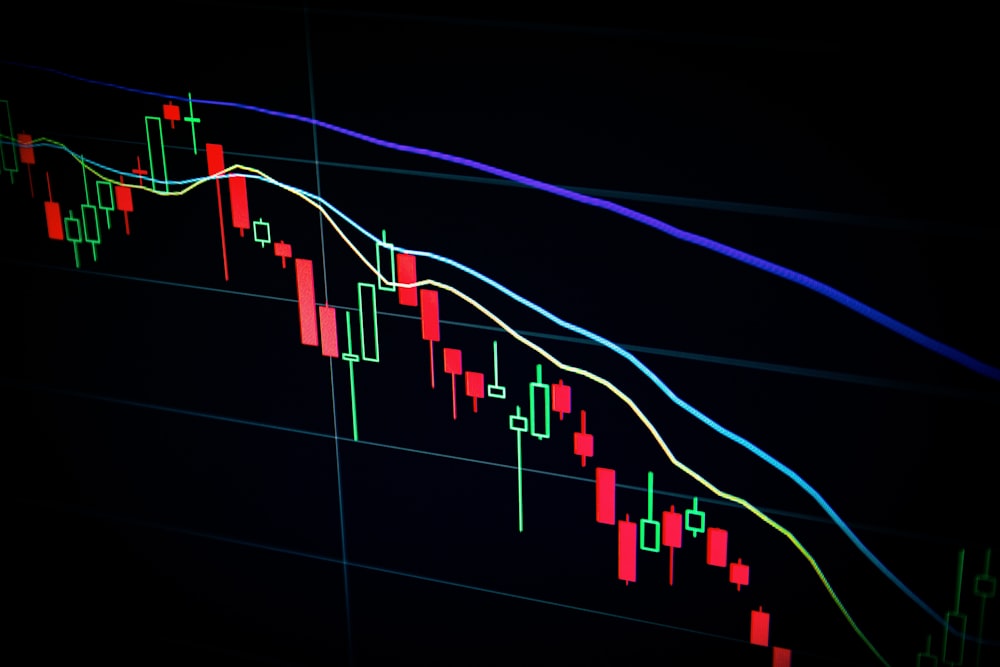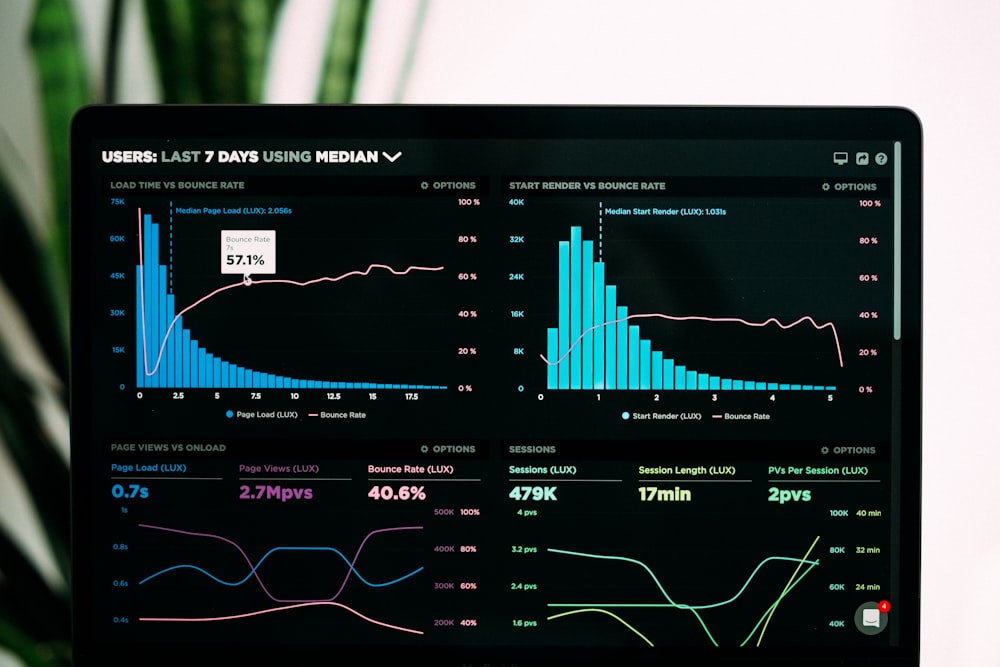On the regulatory front, five US states enacted new laws related to cryptocurrency. Texas established a Bitcoin reserve, while New Hampshire and Arizona implemented measures allowing their state treasurers to invest in Bitcoin and hold unclaimed digital assets, respectively. Nebraska also passed legislation that gives local power utilities authority over Bitcoin mining operations. Oregon amended its Uniform Commercial Code to include cryptocurrency, further indicating a growing acceptance of digital assets across various states.
Alongside these regulatory advancements, Coinbase made headlines by joining the S&P 500 index, marking a notable milestone for the crypto exchange. Despite facing a significant security incident involving $400 million, Coinbase's stock rose by 19.37% over the month, highlighting the resilience of its market position.
Bitcoin markets reacted positively to external macroeconomic factors when US President Donald Trump announced a temporary trade deal with China, leading to gains in major stock indexes. Bitcoin's market cap surpassed $2.2 trillion, overtaking Amazon, which showcases growing institutional interest in cryptocurrency investments. The trading volume and demand for Bitcoin began to decline towards the end of the month, with record outflows from Bitcoin-related exchange-traded funds.
Simultaneously, other developments were prominent, including OpenAI's announcement to transfer its 'World' project to the US, following regulatory issues in multiple countries. This move reflects ongoing shifts in the global landscape of digital identity and decentralized technologies.



